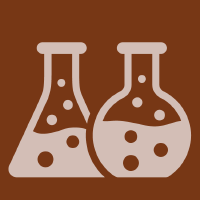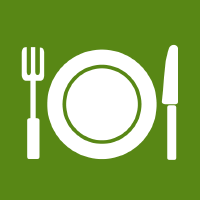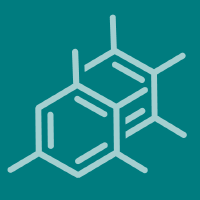Topic Menu
► Topic MenuTopic Editors

2. Center for Colloid and Surface Science (CSGI), Via della Lastruccia, 80100 Sesto Fiorentino, Italy


Advances in Spectroscopic and Chromatographic Techniques
Topic Information
Dear Colleagues,
This is a call for papers for the Topic “Advances in Spectroscopic and Chromatographic Techniques”, which has been devised in order to highlight the recent advances of these analytical approaches to study the chemical composition and structure of molecules (natural, synthetic, and as sub-products of reaction processes), materials (organic, inorganic and hybrid), macronutrients (lipids, carbohydrates, and proteins), together with water and numerous minor components that can coexist. Spectroscopic analysis is employed to explore (bio)molecules, (nano)materials, and hybrid (nano)composites, providing practical information such as their elemental type, chemical composition, structural, optical and electronic properties, as well as crystallinity. Chromatographic analysis is a laboratory chemical technique for the separation of a mixture into its components. Its aim may be preparative (to separate the components of a mixture for later use, and is thus a form of purification) or analytical (for establishing the presence or measuring the relative proportions of analytes in a mixture). They have many applications in different technological fields, including pure and applied chemistry, material, environmental and food sciences, industrial chemistry and catalysis. The topic “Advances in Spectroscopic and Chromatographic Techniques’’ welcomes high-quality works that focus on the use, optimization, and validation of advanced and innovative spectrometric, spectrophotometric, and chromatographic methodologies for chemical and materials analysis. Relevant themes include, but are not limited to, the following spectroscopic and chromatographic techniques: FT-IR, X-ray diffraction, electron paramagnetic resonance (EPR) and nuclear magnetic resonance (NMR), light/neutron scattering, UV–vis and diffuse reflectance UV–vis, fluorescence, GC and LC chromatography and HPLC.
Dr. Giuseppe Vitiello
Dr. Giuseppina Luciani
Dr. Danilo Russo
Topic Editors
Keywords
- functional groups
- nanomaterials
- catalysts
- industrial products
- bioderived molecules
- spectroscopy
- chromatography
- surface chemistry
- reaction mechanisms
- metal–ligand complexes
Participating Journals
| Journal Name | Impact Factor | CiteScore | Launched Year | First Decision (median) | APC |
|---|---|---|---|---|---|

Applied Sciences
|
2.5 | 5.5 | 2011 | 19.8 Days | CHF 2400 |

Catalysts
|
4.0 | 7.6 | 2011 | 16.6 Days | CHF 2200 |

Chemistry
|
2.4 | 3.9 | 2019 | 18.5 Days | CHF 1800 |

Foods
|
5.1 | 8.7 | 2012 | 14.9 Days | CHF 2900 |

Molecules
|
4.6 | 8.6 | 1996 | 16.1 Days | CHF 2700 |

Separations
|
2.7 | 4.5 | 2014 | 16.3 Days | CHF 2600 |

Preprints.org is a multidisciplinary platform offering a preprint service designed to facilitate the early sharing of your research. It supports and empowers your research journey from the very beginning.
MDPI Topics is collaborating with Preprints.org and has established a direct connection between MDPI journals and the platform. Authors are encouraged to take advantage of this opportunity by posting their preprints at Preprints.org prior to publication:
- Share your research immediately: disseminate your ideas prior to publication and establish priority for your work.
- Safeguard your intellectual contribution: Protect your ideas with a time-stamped preprint that serves as proof of your research timeline.
- Boost visibility and impact: Increase the reach and influence of your research by making it accessible to a global audience.
- Gain early feedback: Receive valuable input and insights from peers before submitting to a journal.
- Ensure broad indexing: Web of Science (Preprint Citation Index), Google Scholar, Crossref, SHARE, PrePubMed, Scilit and Europe PMC.

